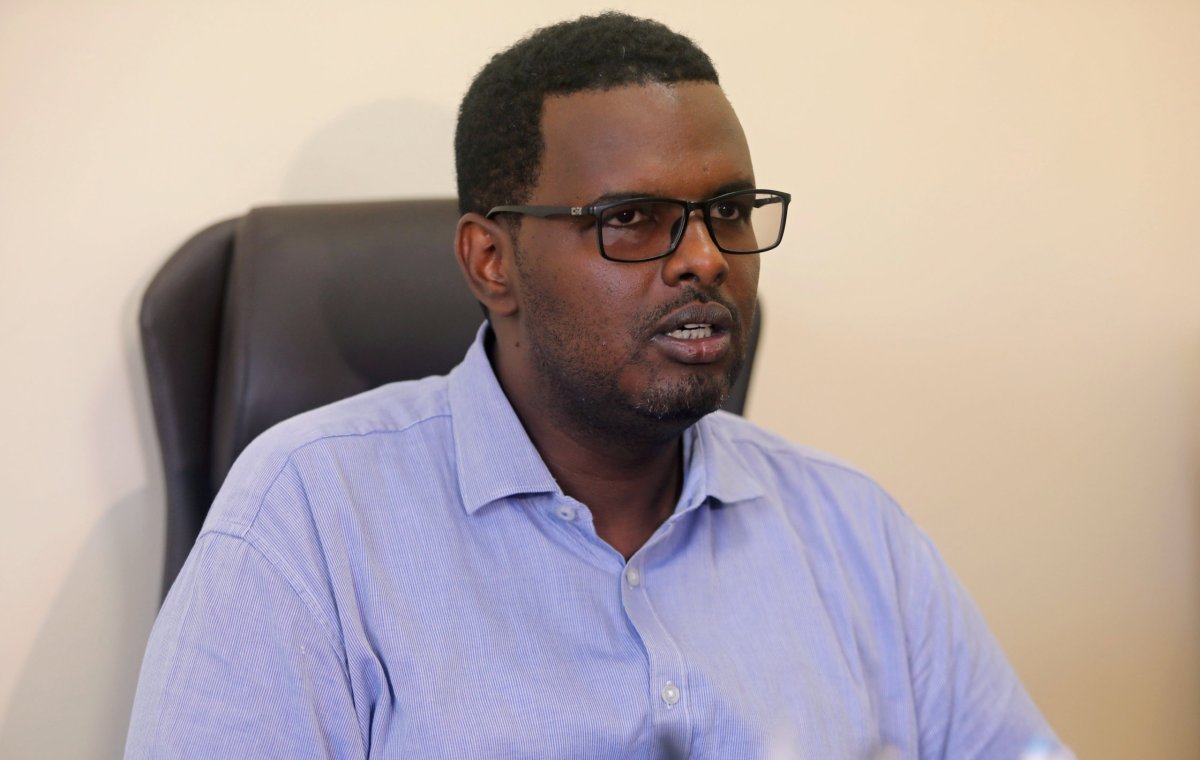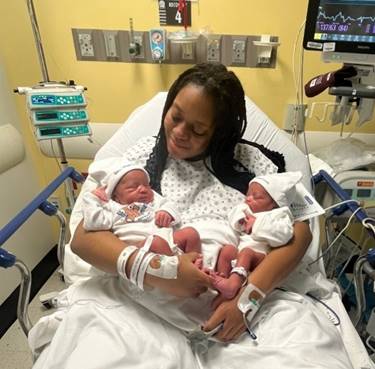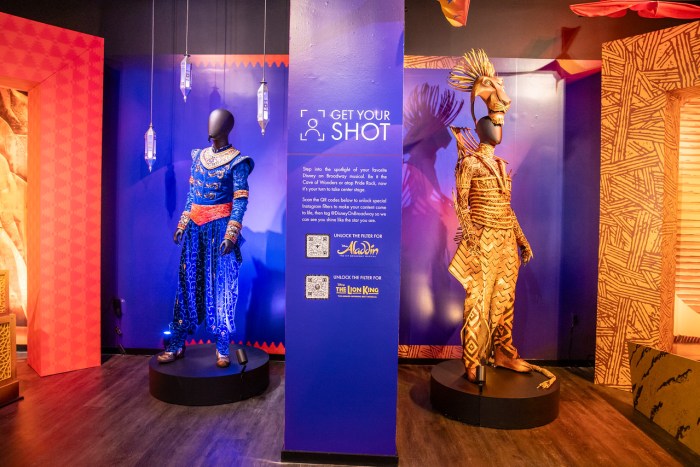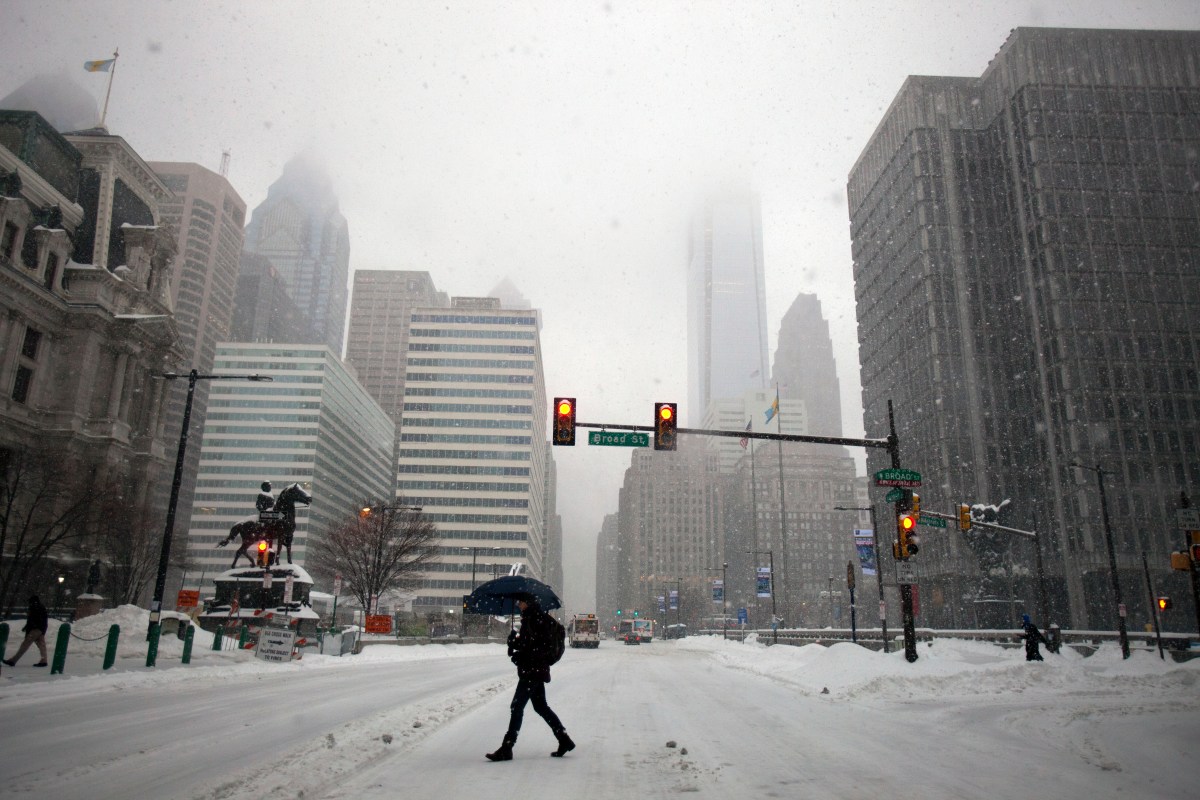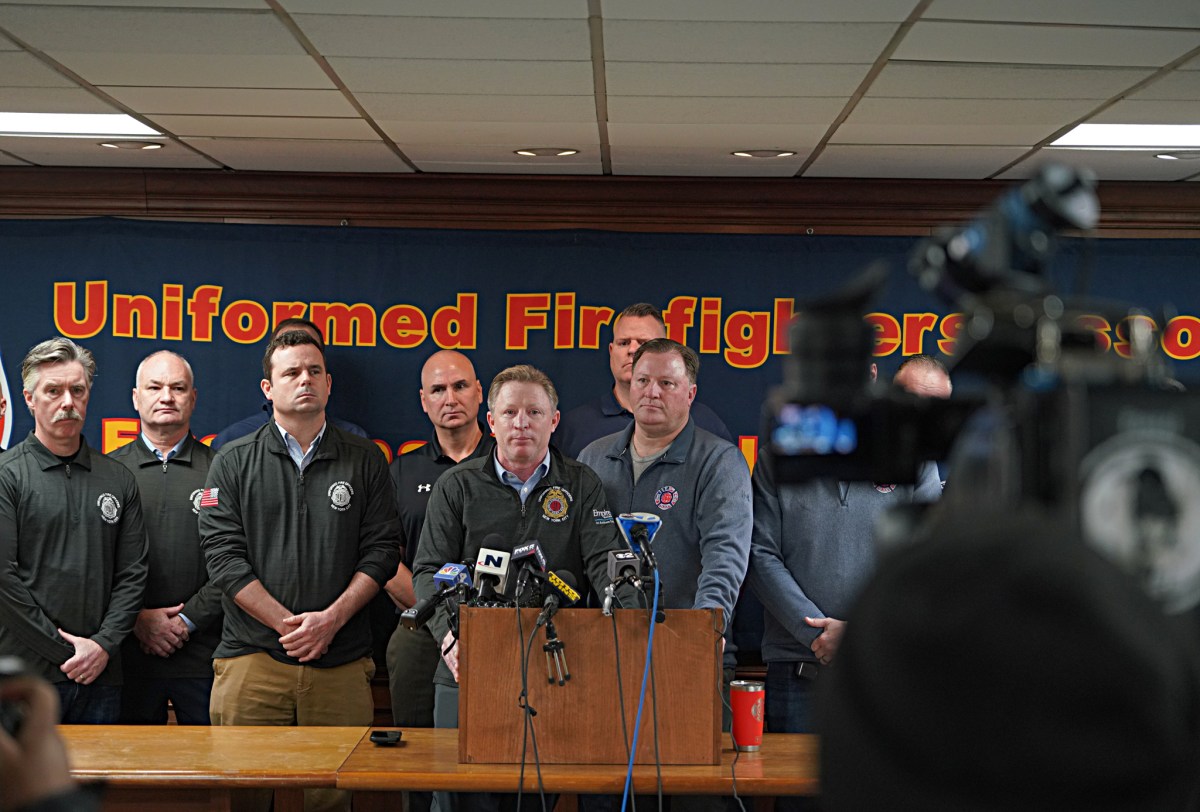MOGADISHU (Reuters) – Somali doctor Abdirizak Yusuf Ahmed has escaped an execution, battled deadly diseases and treated war victims. Now – at 35 years old – he’s been tapped to lead his nation’s response to the coronavirus.
So far, Somalia has reported only three cases. But if the disease is unleashed, it could spread like wildfire through camps housing malnourished families who huddle under makeshift domes built from sticks and rags.
Many of the 2.4 million Somalis displaced by conflict and other disasters live in such camps. Out of a total population of 15 million, around six million Somalis may not have enough to eat this year, the United Nations says, weakening their immune systems and ability to survive the pandemic.
Islamist al Shabaab insurgents also hold parts of southern Somalia, making it hard for health workers to visit and impossible to do testing there.
“I have witnessed wars, cholera, dysentery,” Ahmed, tall and bespectacled, told Reuters. “A doctor who fears for his life cannot save people. I have learned to forget worrying and instead help rescue people.”
A decade ago, al Shabaab seized him as he was trying to stem a cholera epidemic in territory they held. They had seen a cross inside his ambulance and – wrongly assuming it meant he was a foreign spy – arrested him and his team. A phone call from a high-level contact saved their lives, he said.
SHORTAGE OF BEDS
Right now, Somalia only has about 25 intensive care beds, 110 quarantine beds and 100 treatment beds available, Ahmed said. More are being built. In the capital, patients at the old Italian-built maternity Martini Hospital have been moved out to make way for a new coronavirus ward.
The sound of hammering echoes through its wide, tree-lined compound as construction workers rush to finish repairs.
The health ministry and prime minister’s office have allocated about $11 million for coronavirus preparation, Ahmed said. Expenses are high – all medical equipment is imported and coronavirus tests are sent to Kenya for processing.
The World Health Organisation (WHO) has trained 500 health workers in Somalia since January, said Dr. Mamunur Rahman Malik, the organization’s country representative.
The WHO also brought in personal protective equipment to handle the first 300 or 400 cases, Malik added.
Ahmed’s biggest worry is that the disease may spread very fast. Somalia has a tradition of physical greetings, and even wealthy people are reluctant to quarantine away from family.
Many, like Faduma Abdikadir, simply have nowhere to isolate themselves.
The 38-year-old mother is sleeping under a tree in a makeshift camp in the capital Mogadishu with her eight children, having fled fighting in the countryside.
“Most of the time we use ashes and sand to wash hands. We are hungry. We beg people to buy water to drink and wash our hands,” she said.
(Additional reporting by Abdirahman Hussein in Mogadishu and Ayenat Mersie in Nairobi; writing by Ayenat Mersie; editing by Katharine Houreld and Gareth Jones)

